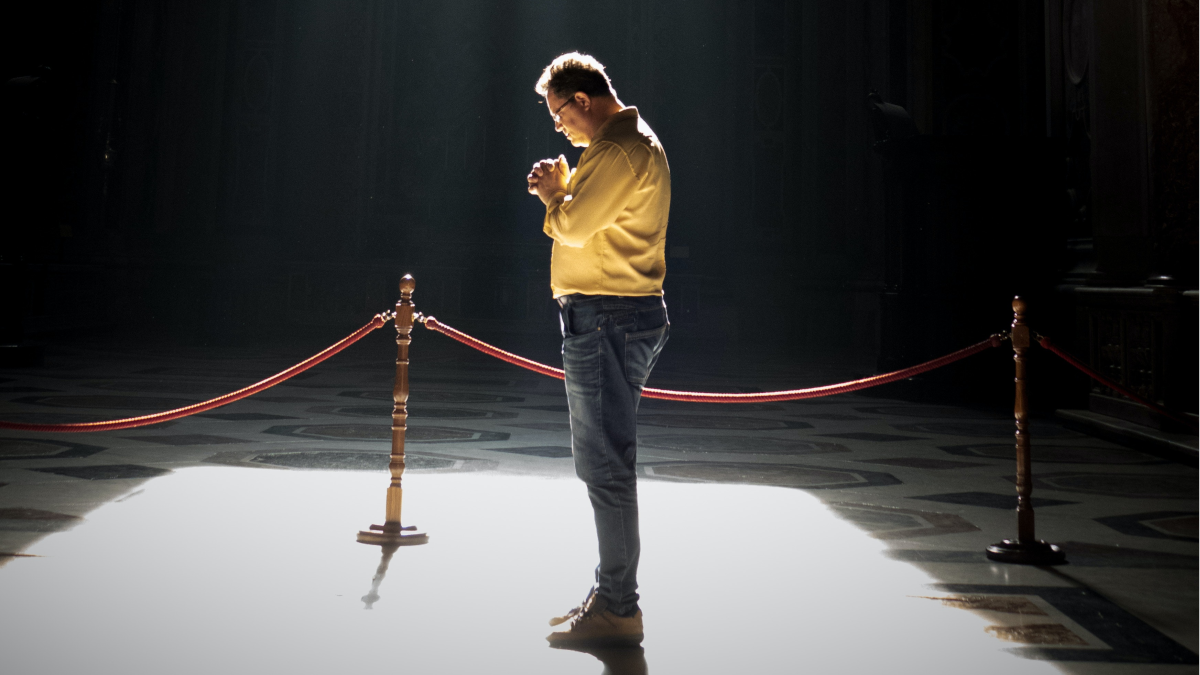“Where is the Life we have lost in living? Where is the wisdom we have lost in knowledge? Where is the knowledge we have lost in information?”
TS Eliot, The Rock (1934)
The Rock was a rather strange ‘pageant play’ Eliot wrote nearly 90 years ago about some of the problems and criticism a group of bricklayers faced as they set out to build 45 new churches in the London suburbs. It may be a particularly obscure piece in an impressive canon of work, but I was struck by his prescience in highlighting that the convention that wisdom comes with age is always going to be controversial.
We live at a time when there seems to be very little respect for the past, and for those that have lived longer and gone before. Several questions come to mind:
- Was there ever a period in history to parallel this? Are we looking at unprecedented inter-generational lack of understanding and strife?
- Is the past worthy of such disdain?
- Are Generation Z, in particular, right to be so critical? And why?
- Are activist groups justified in taking often violent direct action, however admirable their motives and goals?
Wisdom is a funny word
It embraces both the acquisition of experience and knowledge, and their use. We have traditionally seen wisdom as an appreciating asset in people. Hence the conventional regard for wisdom in age. But now in a world of wokeism, cancel culture, and the rejection of history, things are very different. The emphasis seems to have shifted from education to the need for moral re-education. Knowledge itself is called into question. Was it acquired legitimately? Was the information it was based upon biased, suspect or both?
And talking of sources, we might well ask why the information that is fuelling protest, violence and the rubbishing of history and conventional wisdom is deserving of any more respect than the knowledge it calls into question.
In the last few years that have been scarred by plague, warfare, the consequences of climate change, and impending economic disaster, there has been, I believe, another crucial casualty: discussion and debate.
Free debate doesn’t just allow us to make informed decisions. It also allows everyone to query the opinions of others and the information on which those opinions are based. In the quotation above, Eliot was indirectly blaming information for eroding wisdom. Today we would should probably be more concerned about the validity of apparently ‘axiomatic’ information, and the conclusions drawn from it by critics, protesters and activists.
Closer to home, there are also potential commercial and marketing implications in the wisdom debate, and the worrying lack of inter-generational understanding. Saga is a slightly unusual brand in being age-badged. This is what Euan Sutherland, chief executive of Saga Group, told Campaign, when they launched their new ad campaign last year. “People are living longer than ever before; they are working longer; they are helping their families; they are contributing to society. We know our customers do not feel old — they feel as if they are experienced. They have lived full lives, have so much to give and fully intend to make the most of each and every day. Our new brand strategy champions what we are calling ‘Generation experience’ — the discerning, sharp and savvy over-50s who represent over a third of the UK population. It’s time for businesses and organisations of all sizes to have a conversation about age. As a purpose-led business with over 70 years experience, it’s one that we think Saga is ideally placed to lead.”
I suspect that a body of my own contemporaries (the baby boomers reviled in certain circles) would say ‘power to your elbow’ to Saga for standing up and being counted. Wisdom has traditionally carried with it a degree of determination, if not actual defiance. During a performance of Faure’s requiem over the weekend in the beautiful church on the Badminton estate, not far from where we live in Gloucestershire, I was fascinated by the robust Latin motto of the Dukes of Beaufort.
Mutare vel timere sperno (I scorn to change or to fear).
Why should the devil have all the best tunes?
Featured image: Paulo Márcio Dos Santos / Pexels

